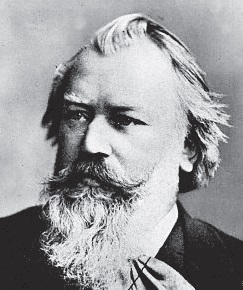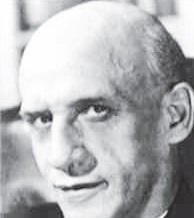REVIEW POTPOURRI: Singer: Elvis Presley; Movie: Gangster Story; Composer: Brahms
 REVIEW POTPOURRI
REVIEW POTPOURRI
by Peter Cates
Elvis Presley
Loving You; Teddy Bear
RCA Victor 47-7000, seven-inch picture sleeve 45 rpm, recorded 1957.

Elvis Presley
Teddy Bear was a huge number one hit on the rock, country and rhythm and blues charts for the great Elvis (1935-1977). Both songs here were also part of the 1957 film, with the same name, and its soundtrack LP, consisting totally of Presley performances. Teddy Bear’s lyricist Bernie Lowe (1917-2001) was also a businessman who established Cameo records in 1956, which later expanded to Cameo/Parkway. He would sign an unknown singer, Ernest Evans, to the label, who himself later changed his name to Chubby Checker!
Both are superb songs, performed in a first rate manner.
Gangster Story
directed by and starring Walter Matthau and Carol Grace; 68 minutes; released December, 1959.
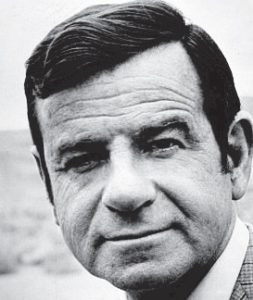
Walter Matthau
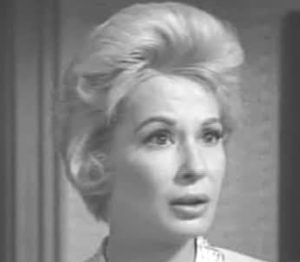
Carol Grace
Walter Matthau portrays a bank robber, Jack Martin, fleeing the police and needing cash. He then pulls a cleverly staged heist of a local bank in the town where he is hiding out, lays low at the library and becomes involved with a librarian, Carol Logan, played by his real life wife, Carol Grace; in fact, the couple married during the production of this film.
The main conflict is not only hiding from the cops but also from the local crime boss who wants a share of the loot.
I liked Matthau’s skilled acting, and directing, along with the shaping and development of the story. The obviously low budget cinematography brought out its own ‘50s small town ambiance – especially the beachside romance .
There are two delightful moments. When Jack is first scoping out the library, he asks Carol the rules. “No talking!” When sparks begin flying during their oceanside tryst, he asks again. “No talking!”
The DVD copy that I own was rather shabby but serviceable and part of an el cheapo three-movie package yet, despite these faults, the film was 68 minutes of captivating escapism.
Brahms
Symphony No. 2
Bruno Walter conducting the New York Philharmonic; Columbia, ML 5125, 12-inch mono LP, recorded December 28, 1953.
As I get older, I find it impossible to pick my favorite of the four Brahms Symphonies. They are all magnificent creations, each with a distinct quality that contributes to the number of times I listen to them again (not to mention the number of different recordings I own and to which I add).
Unlike the 1st Symphony which took ten years of effort before its 1876 premiere, the 2nd Symphony took final shape during a summer lakeside vacation a year later. The music is serene and comforting overall, although it too has its darker and more melancholy moments.
Bruno Walter (1876-1962) recorded it twice, the remake in stereo with members of the Los Angeles Philharmonic and free lancers grouped together as the Columbia Symphony and released during the very early ‘60s. It was a poetic approach but lacking a bit too much in muscle and bite.
This week’s record is a different matter. Walter not only communicated the singing qualities throughout but brought to life the lights and shadows of the orchestration that was a major part of Brahms’s genius.He would also impose tempos that might seem too fast but worked in helping the music to sing even more beautifully.
And, despite the New York Philharmonic’s fearsome reputation for chewing up conductors they didn’t like with bad playing and snarky attitudes, they responded totally to Walter’s conducting with their best.
Recommended totally!


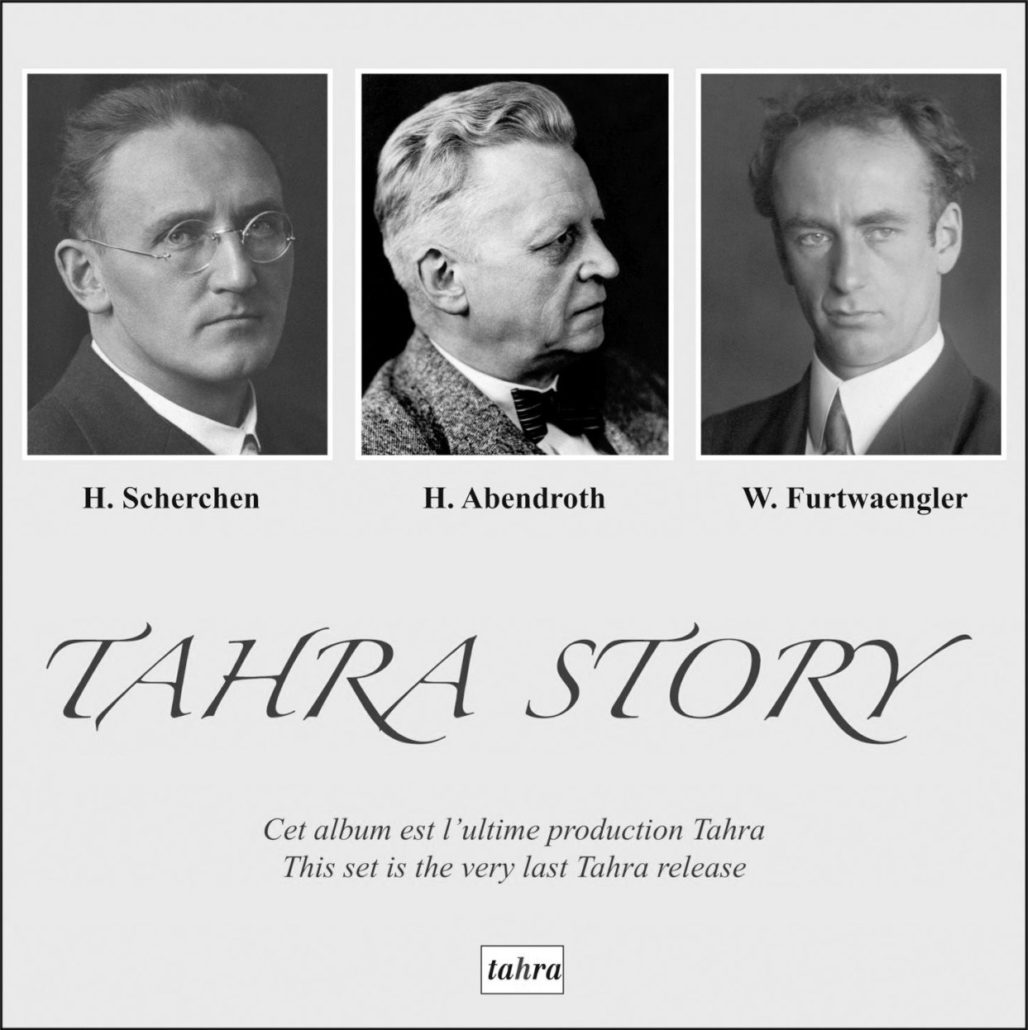
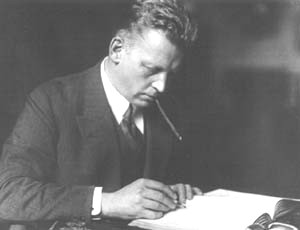
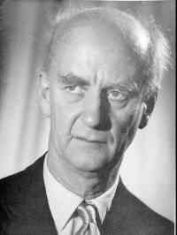
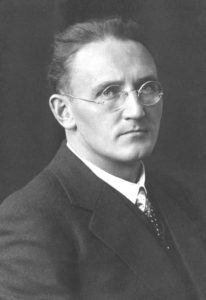
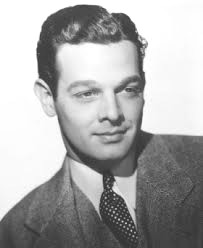
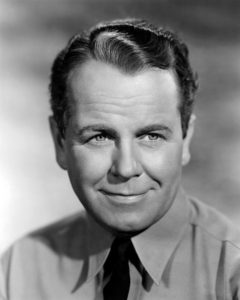

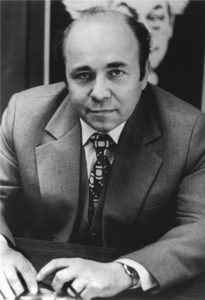
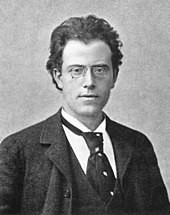



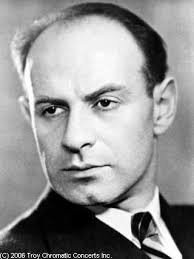
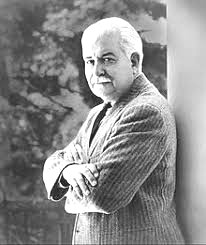
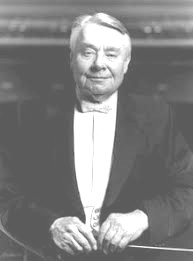
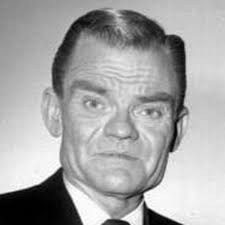

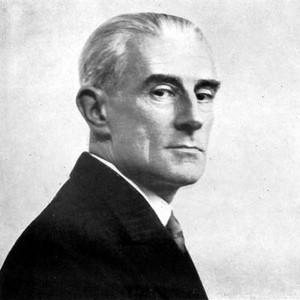


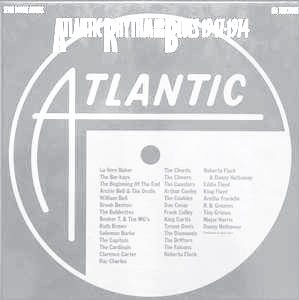 Before I encountered this admittedly very bulky set, I don’t believe I had ever seen a better one in all of my years of listening and collecting. It has assembled almost 70 singers and instrumentalists- Wilson Pickett, the Coasters, Aretha, Clyde McPhatter and the Drifters, Ben E. King, Otis Redding, La Vern Baker, Roberta Flack, Tiny Grimes, Brook Benton as well as lesser knowns, Eddie Floyd, Joe Morris, Don Covay, Tommy Ridgley, Chris Kenner, Doris Troy- oh well, the list goes on and on. And each is represented by one or more tracks, every one of them at the very least ranging from quite good to beyond superb.
Before I encountered this admittedly very bulky set, I don’t believe I had ever seen a better one in all of my years of listening and collecting. It has assembled almost 70 singers and instrumentalists- Wilson Pickett, the Coasters, Aretha, Clyde McPhatter and the Drifters, Ben E. King, Otis Redding, La Vern Baker, Roberta Flack, Tiny Grimes, Brook Benton as well as lesser knowns, Eddie Floyd, Joe Morris, Don Covay, Tommy Ridgley, Chris Kenner, Doris Troy- oh well, the list goes on and on. And each is represented by one or more tracks, every one of them at the very least ranging from quite good to beyond superb. There is nothing else to be known about conductor Ernst Schrader other than he is, or more likely, considering the time frame of this recording, was a real person – a legit label has stamped his name on one or two releases nobody has stepped forward to stamp him as a pseudonym. And the Berlin Philharmonic is most definitely for real.
There is nothing else to be known about conductor Ernst Schrader other than he is, or more likely, considering the time frame of this recording, was a real person – a legit label has stamped his name on one or two releases nobody has stepped forward to stamp him as a pseudonym. And the Berlin Philharmonic is most definitely for real.

